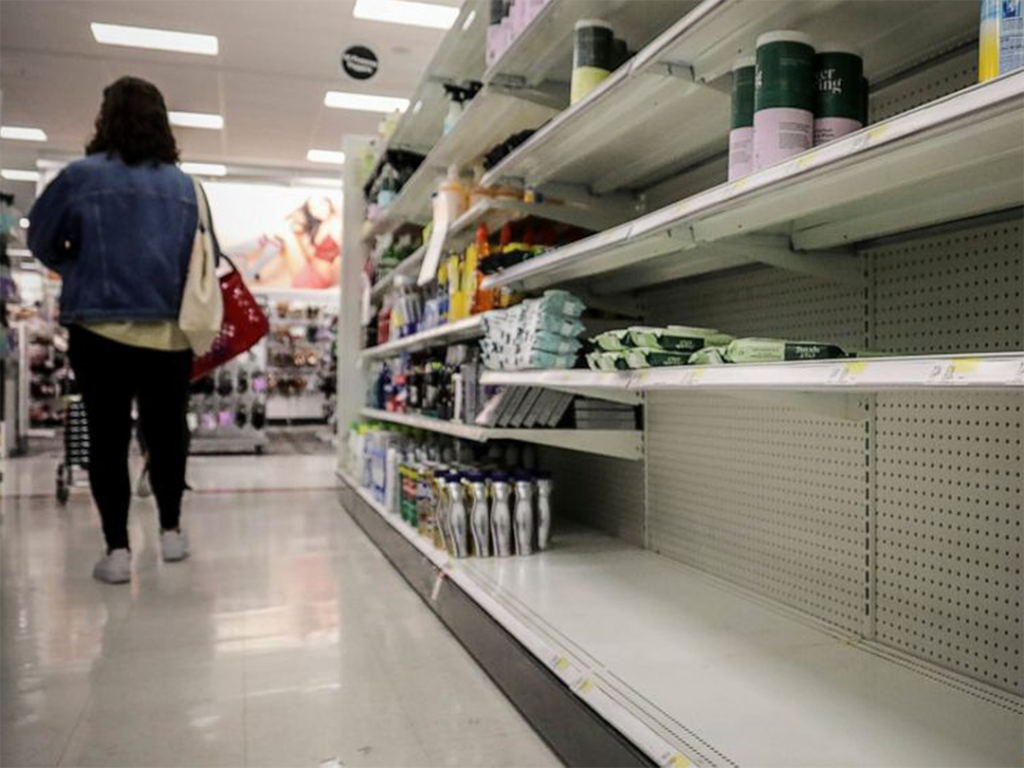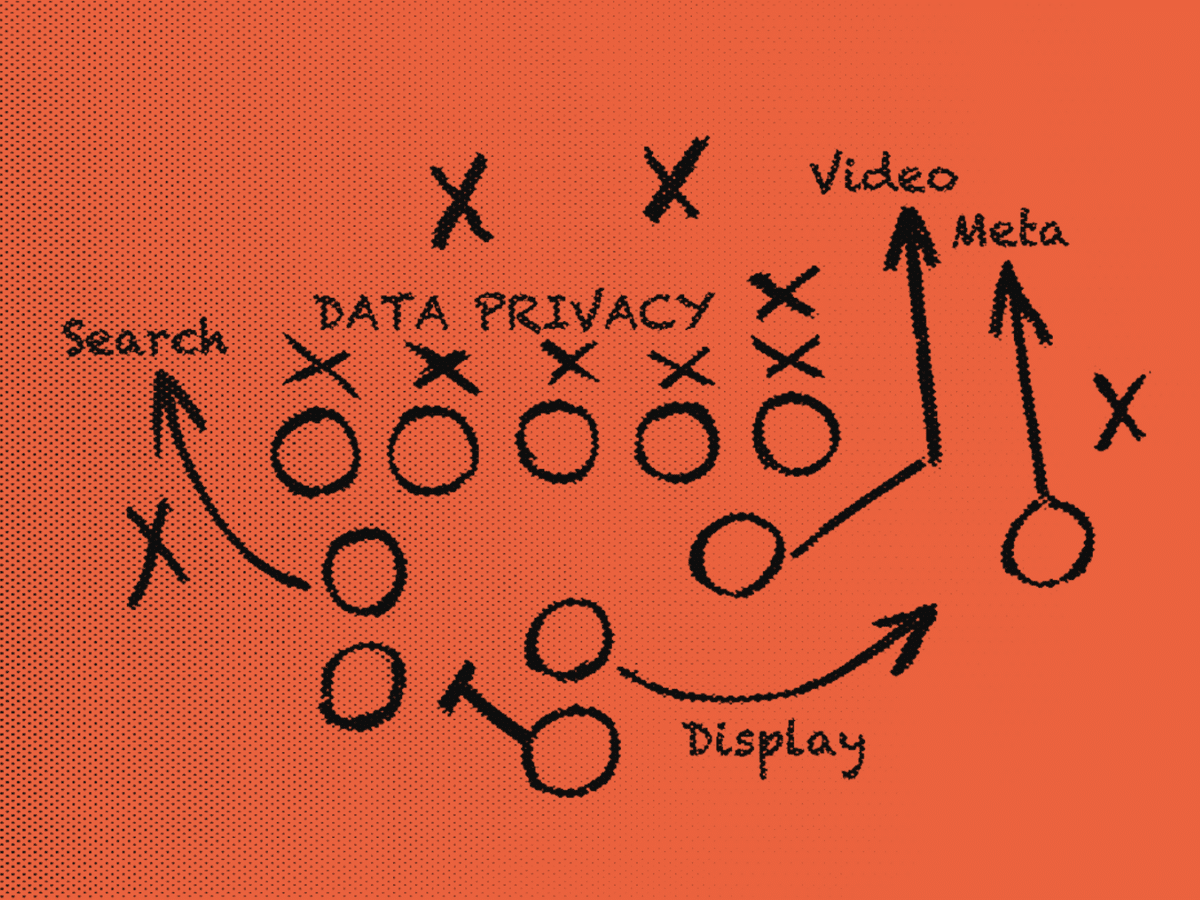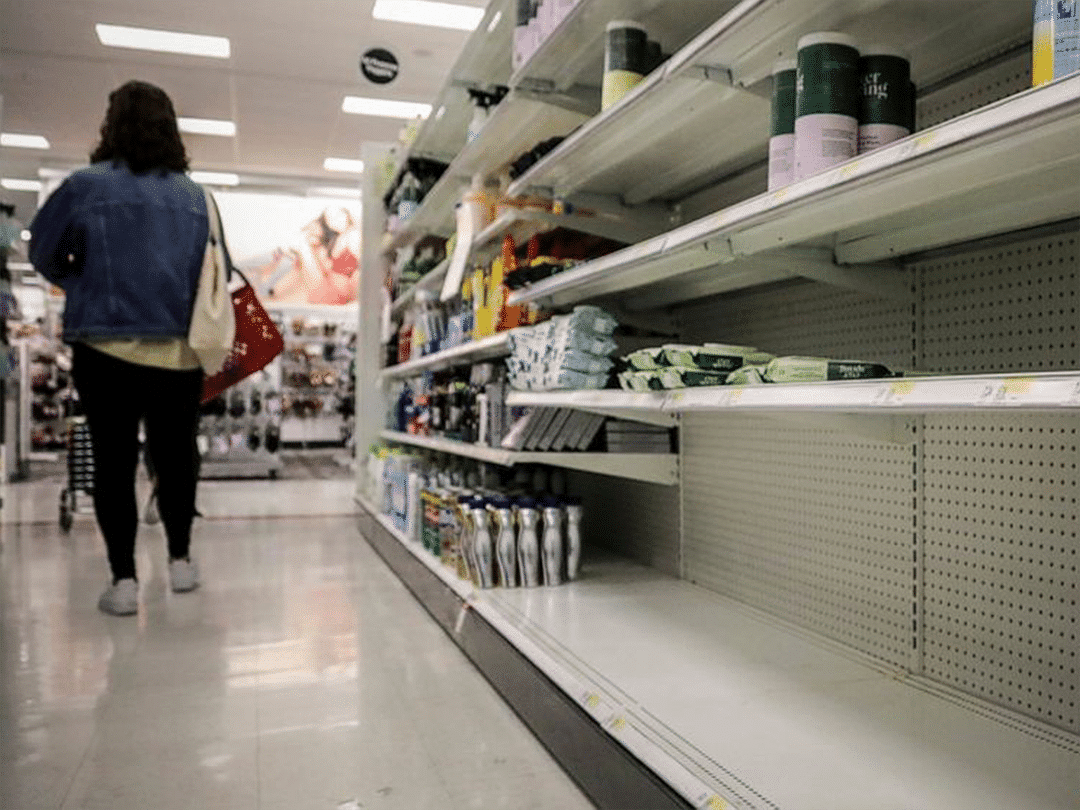The world is facing the worst crisis in decades. As COVID-19 cases increasingly grow all over the globe, it is not just health and safety that must be dealt with.
This pandemic also forced businesses and marketers to find solutions as one problem after the other emerged, from deteriorating sales and dwindling supply chains to layoffs and the race to retain employees and keep businesses running. Things are changing so fast it was all businesses could do to keep up and stay afloat.
It seems the business landscape is forever changed. We witness the shift in customer psychology, and with it comes the bending of marketing rules, all in a matter of months.
What does this mean for businesses and the marketing industry? New footholds are establishing themselves. New rules must be written.
How COVID-19 Affected Business and Marketing
To understand how this pandemic has affected the world, let us look at its immediate impact on the world of marketing and business and its subsequent shaping of customer behavior.
Some Business Industries Are Faced with Financial Losses
With the restrictions on large gatherings and traveling, local businesses suffer the most, especially those in the hospitality industry. Malls, movie theaters, museums, and other public entertainment venues are temporarily closed, making it practically impossible to generate income.
Restaurants are forced to rethink their strategy of attracting customers now that eating out is prohibited.
Marketing Teams Experience Cost-Cutting Measures
With every economic downturn and the financial troubles, the first casualty is always the marketing team. Budgets might be reduced, or whole teams can get slashed. Some would not shell out money for promotions when the market is still on uneven ground. Real estate and property developments are put on hold.
Businesses will do everything they can to cut their losses and save money where they can. This is such an unfortunate development for many marketers who can possibly lose their jobs and face employment uncertainty for months.
Tech and Other Industries Take Advantage of Opportunities
While most businesses are struggling not to sink amid the crisis, the tech and service industries are thriving. Many companies seek ways to keep their business in operation, signing up for software that allows them to function remotely. Video conference calls and team meetings can be one click away with the right application. Tech businesses see this as an opportunity to provide what the market needs and establish themselves as leaders in their niche.
The service industry is also riding the trend. With hotels and restaurants being at a standstill, online delivery services are thriving. Loyal customers can still get their hands on their favorite food and drinks through home delivery.
How COVID-19 Shaped Customer Psychology
Now that we have covered the changes in businesses and marketing, it is time to examine how customers are affected. What are they thinking amid this unprecedented crisis? And perhaps, more importantly, what are they buying and what are they not buying?
The Uncertainty Is a Cause of Concern
Nobody knows how long this pandemic will last. It could be a month from now, or it could go on for three months or more. This uncertainty is a great concern to many consumers who might be wary of spending their hard-earned money, especially when unemployment is rising. Most will hold on to their money and buy only the basic necessities.
Changing Purchasing Trends are More Apparent
Since customers are more cautious about what they spend on, pricey items are now out of the question. This includes houses, cars, and luxury goods. No more preparations for trips and vacations either, sending the travel and airline industry reeling.
Consumable products are the new demand. Consumers are, after all, more focused on survival and sanity. They would rather stock up on food than think about their next destination.
Another change is the way consumers buy their products. As fears of crowding and social contact grow, shopping is mostly done online. Local grocery stores also feel the changes, as more and more consumers abandon wholesale and big-box stores.
Changing Power Dynamics Between the Consumers and Businesses
Consumers have become more empowered in the time of crisis. They have more control over what, where, and how they buy products. Their consumption choices give them better control over their lives, even as everything around them is left in limbo. They tend to consume better instead of more.
While customer loyalty is still important, customers have become smarter when it comes to their purchasing decisions, with many waiting for discounts and price drops from their favorite stores.
How Can Marketing Evolve with the Shifting Customer Behavior?
A crisis does not always have to usher in negativities alone. For many marketers, it is a golden opportunity to step up their game, adapt, and stay on top of evolving trends and changes.
With the looming economic crisis, many will think marketing is obsolete. Identifying customer behavior changes can help marketers connect and engage with their market in new, innovative ways.
It is important for them to continue imparting their message as a brand even if the distance, device, and journey of customers have changed so much in the last few weeks.
The key here is to be adaptable, resilient, innovative, and empathetic in these turbulent times.
Understanding Customers’ Needs
The changes the pandemic brought compels marketers to look at their customers with fresh eyes. The latter has shifting priorities, and if they want to stay relevant, marketers need to anticipate their customers’ needs and behavior.
Gyms, yoga, and dance studios have closed, but they did not stop meeting their customers’ demands. They found innovative ways to extend their service by live-streaming their classes and providing online plans. Restaurants and cafés deliver food and drinks right to your doorstep.
Leveraging Modern Technology
Social distancing constraints do not have to cripple a business or institution. Through the help of technology, you can still do work.
While schools close, classes are continuing online. That is an opportunity for software and app developers to enable students to study from home.
A lot of companies allowed their employees to work from home. Meeting via video calls is the new norm. A lot of tech companies can take advantage of this by putting their services forward.
Solidifying Digital Presence
As more and more people stay at home, the virtual world becomes the place where they can remain connected. Staying inside the house for long periods leads to boredom and even anxiety. Hence, the tendency of many to pass their time online.
If you do not find ways to ramp up your online presence and stay relevant in the eyes of your customers, then you will be missing a lot of opportunities. While many promotional campaigns are put on hold, marketers can still continue engaging with their customer base by churning out relevant and valuable content.
Maybe it is time to draw inspiration from brand managers. Around 70% of brand managers focus more on building an audience than on sales. This is a mindset that can help many businesses and marketers nowadays.
They should send out messages that motivate and truly connect with customers while being empathic and understanding of the current situation. They can customize their content in a way that helps increase awareness about the crisis, maintain positivity, and help customers go through these challenging times.
While it can be a long time before we can all go back to business as usual, it is a good idea to remind customers that businesses are still there and that they can still provide what customers need if the necessity arises.
Conclusion
As the crisis unfolds, it is imperative for brands and marketers to keep a close eye on the changing psychology of customers. Doing this will ensure they can ask the right questions, prepare for unpredictable outcomes, and explore opportunities that do not only help them stay afloat but also enable them to evolve and grow.
This article was written by guest contributor and Co-founder of DesignAdvisor, Max Chekalov.






